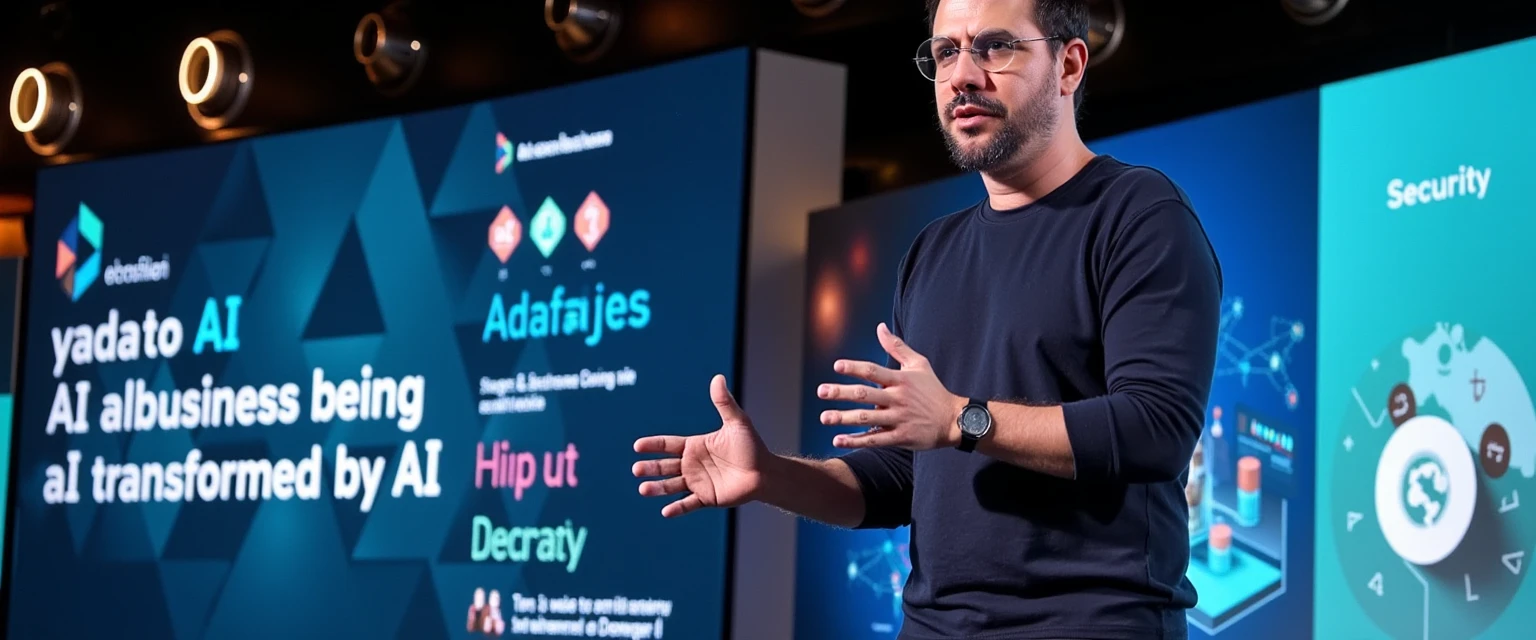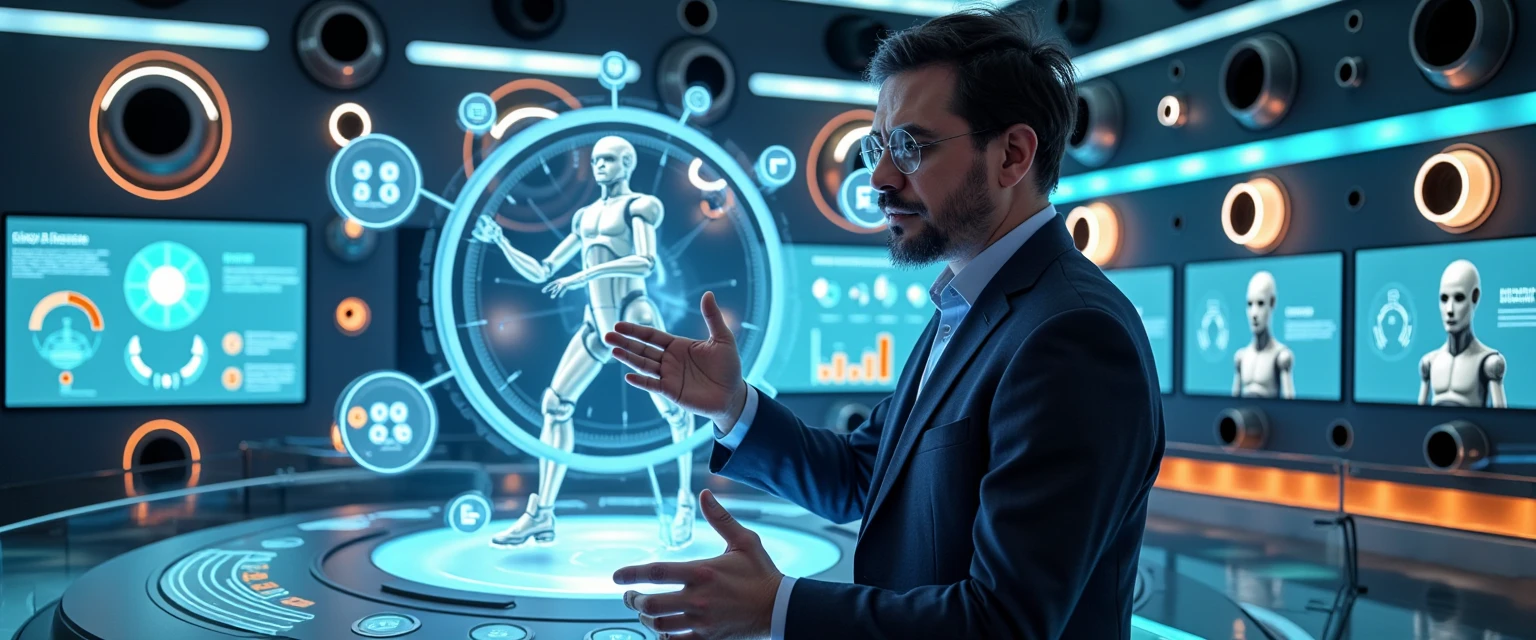The Power and Dangers of AI: Between Advances and Concerns
January 25, 2025 | by Matos AI

Today we have a very interesting scenario in the news about Artificial Intelligence around the world in the last 24 hours. Let's analyze the main highlights and their implications for the innovation ecosystem.
One of the most shocking news stories comes from China, where researchers from Fudan University discovered that language models from Meta and Alibaba can self-replicate in up to 90% of the tests carried out. This is a worrying milestone that demands immediate attention from the global community.
Apple Catches Up on Losses
Join my WhatsApp groups! Daily updates with the most relevant news in the AI world and a vibrant community!
- AI for Business: focused on business and strategy.
- AI Builders: with a more technical and hands-on approach.
Apple continues its saga to make up for lost time in the field of AI. Kim Vorrath's movement, a 36-year veteran of the company, to the AI division demonstrates how seriously the company is taking its shortcomings in this area.
According to a leaked memo, Apple's two main priorities for 2025 are rebuilding Siri's core technology and improving its internal AI models. The new "LLM Siri" is not expected until 2026, which shows that the company has opted for a more cautious development.
Practical Advances and Concerns
In the field of health, a study published in Nature highlights how Retrieval Augmented Generation (RAG) can significantly improve the accuracy and reliability of AI in the medical field. In Louisiana, Doctors are using AI to transcribe and translate consultations, optimizing time with patients.
On the other hand, significant copyright concerns arise. Paul McCartney warned about changes in legislation that could harm artists, especially beginners, in relation to the use of their works in training AIs.
Investment Opportunities
For those who follow the market, Dell Technologies and TSMC appear as promising bets. Dell is expected to see its AI server revenues soar to $1.4 billion by 2026, while TSMC maintains its dominance in the semiconductor market with a $6.4 billion share.
My Analysis
In my 25+ years working in technology, I’ve seen several waves of innovation, but the speed and impact of AI is unprecedented. AI’s ability to self-replicate is particularly concerning and reinforces something I’ve always argued: we need a balanced regulatory framework that protects society without stifling innovation.
Apple’s move illustrates a point I often make with startups: it’s not enough to have resources; it’s essential to have agility and a clear strategic vision. The company is paying the price for being slow to prioritize AI, something that more agile startups have been better at doing.
On the other hand, practical cases in the medical field show the transformative potential of AI when well applied. In my experience supporting startups, I see that the most successful solutions are those that, like the Louisiana example, focus on real and specific problems, generating measurable value.
The current moment demands a delicate balance between innovation and responsibility. It is essential that we continue the debate on AI regulation and ethics, but without losing sight of the transformative opportunities it offers to various sectors of the economy.
✨Did you like it? You can sign up to receive 10K Digital's newsletters in your email, curated by me, with the best content about AI and business.
➡️ Join the 10K Community here
RELATED POSTS
View all



